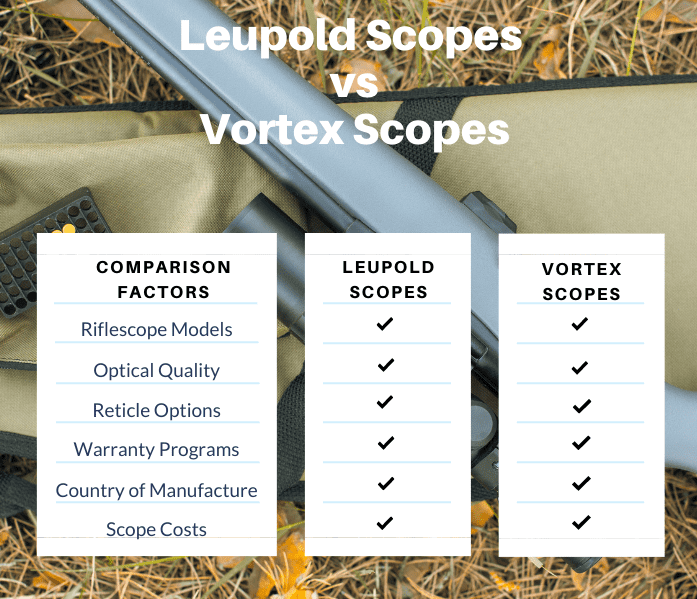JustMe2
Well-Known Member
Many times I've noticed posters make very broad statements like: my X brand scope is better than my Y brand scope, however, the scopes are at different price points so can't be fairly compared. Unless, of course, you're trying to convince the reader to upgrade from a lower-level scope to a higher-level. For example, "My Nightforce is better than my Leupold." Which Nightforce and which Leupold? Here is an article I recently read from an Amazon author where he put various scopes in 4 categories and then compared each within the same category and did not compare one category scope to one outside that category. I think this is much more useful comparison than broad statements.

- Entry Level (up to $500)
- Mid-Range ($501-$1000)
- Upper Mid-Range ($1001-$1500)
- Top End ($1501 and upward)

Leupold Vs Vortex: Who Makes The Better Scope?
Here's a look at answering the Leupold vs Vortex question as to which brand makes the better scope. We try to answer that question in this in-depth comparison.
riflescope-review.com
Last edited:
